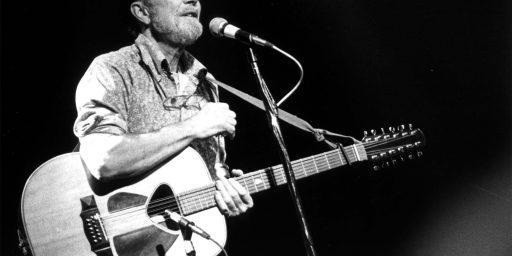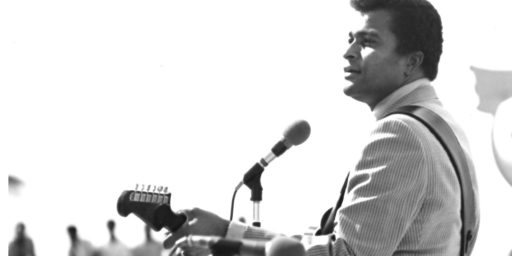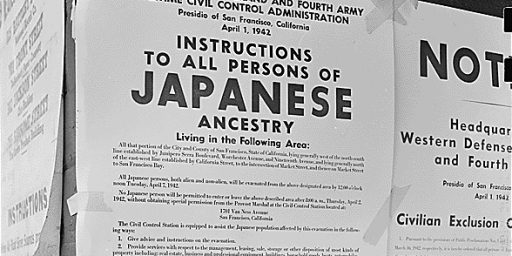Late Night OTB – Remembering
Back in the late 1960s, early 70s, I was editing a Washington, DC alternative newspaper, “Woodwind”. The publisher, Mike Schreibman, funded the paper as a labor of love. He subsidized the paper with his earnings from his music promotion business, Woodwind Entertainment, specializing in producing concerts at area colleges, from Baltimore down to Richmond. I learned far more about the music business than I really cared to know as I helped with the front of the house or backstage work. How, for instance, if you wanted to get a known act, you’d either have to pay through the nose or take it as part of a package deal with complete unknowns, signed by the label, filling the bill. Or how the big names of the time could be real pains in the neck to work with, given their demands for not only reasonable respect, but over-the-top requirements for the dressing room.
The finest concert I ever attended was at Georgetown’s tiny Trinity Theater, seating 200 at most. The musicians played two back-to-back shows of unequaled musicianship. Each absolutely filled the hall with sounds you would think impossible to come from single instruments.
The opening act was Bryan Bowers, a Good Ole Boy from around the Petersburg area of Virginia. What I heard was that he’d just gotten out of jail on a dope bust and needed the money. He learned to play autoharp, I was told, while sitting in his cell. Whether this is true or just a story, I don’t know, but that’s what was being said.
Below is a clip of his playing at a folk concert in 1987, the best example of his music I can find on YouTube.com. This clip, unfortunately, doesn’t begin to show his artistry, but there are very few clips of Bowers’ music online. His albums are all still available, though.






Kottke’s stuff rocks. He became a freak, or a born-again, or a misanthrope, or something, didn’t he?
Well, he’s ‘born again’ in the sense that his unique picking style wrought serious tendon damage. He had to learn entirely new, more mainstream technique in the 80s. He no longer uses finger picks, for instance, now using the pads of his fingers instead.
I haven’t heard of any other major changes.
*chuckle*
Yeah, that’s what I was thinking of.
I’ve got an album of his, floating around in my collection, someplace, called “Home, Home on the Road” Came out about 82, I think. Was on Flying Fish records, and is probably the only LP I own on that label.